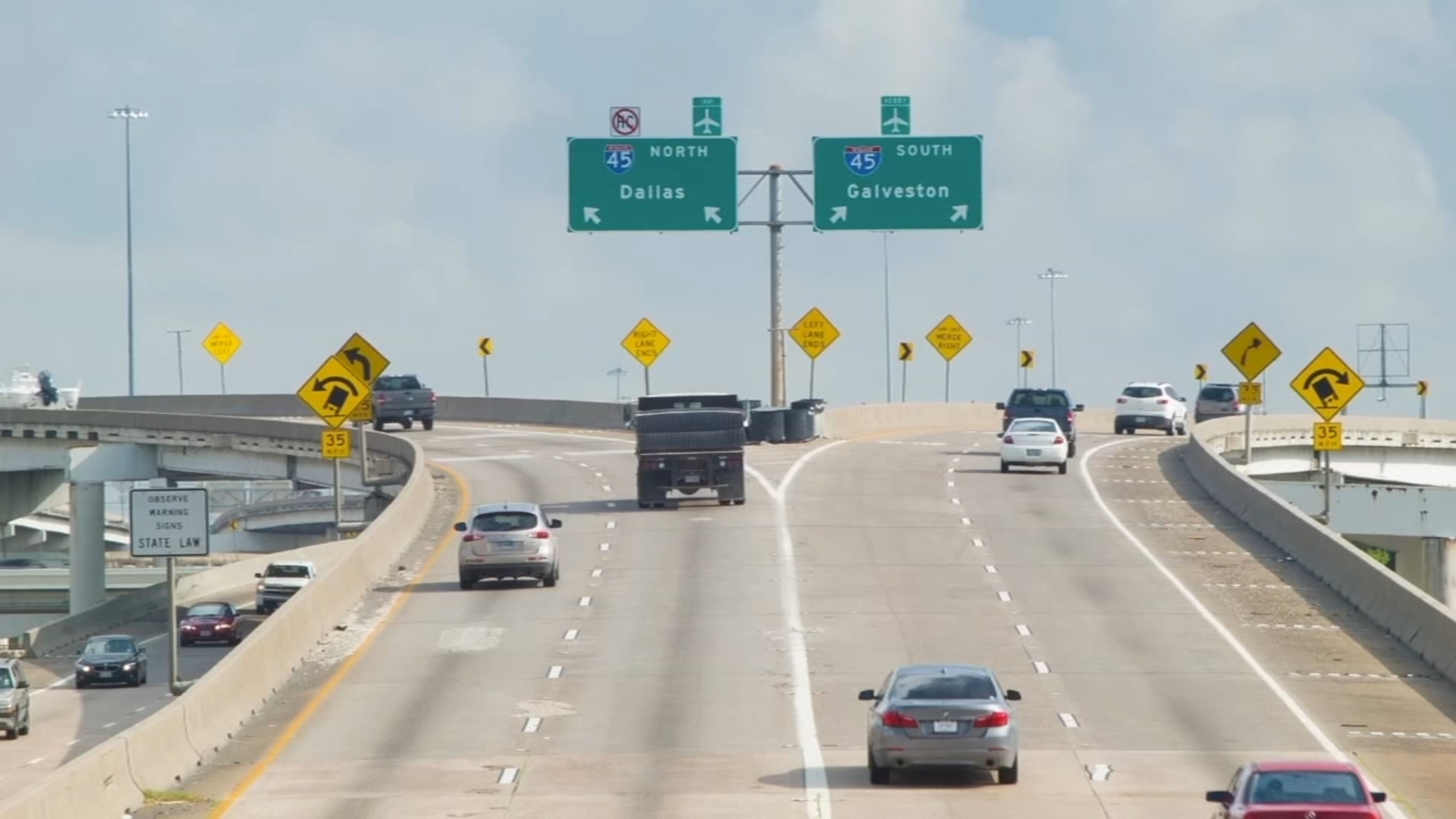The realm of driving laws in Texas is evolving, with recent legislative changes addressing a spectrum of issues. As staunch advocates for legal rights and road safety, we’re here to highlight these new laws that impact drivers, vehicles, and road conditions. These changes reflect Texas’ commitment to promoting responsible driving and safeguarding the well-being of its residents.
- Ensuring Accountability: ‘Bentley’s Law,’ House Bill 393
Named after a similar law enacted in other states, ‘Bentley’s Law’ focuses on accountability in cases of intoxication manslaughter. House Bill 393 mandates that individuals convicted of this offense make restitution payments to support the children of victims who have lost a parent or guardian due to drunk driving incidents. This law underscores the importance of providing financial support to those affected by preventable tragedies. - Failure to Identify: Senate Bill 1551
Senate Bill 1551 addresses the importance of identification during interactions with law enforcement. It designates failing to identify oneself to an officer as a criminal offense. Drivers who neglect to provide essential identification information such as their driver’s license, name, date of birth, and address could face charges, highlighting the significance of compliance during traffic stops. - Streamlining License Plates: House Bill 718
House Bill 718 introduces convenience for vehicle buyers and dealerships alike. This law allows car dealerships to keep metal license plates on hand for distribution to buyers, eliminating the need for temporary paper plates. This adjustment enhances efficiency and provides a more streamlined process for new vehicle owners. - Adapting Speed Limits: House Bill 1885
In response to the tragic 133-vehicle pileup on Interstate 35 in Fort Worth in February 2021, House Bill 1885 empowers engineers at the Texas Department of Transportation to temporarily adjust speed limits on roads and highways due to construction or inclement weather conditions. This change aims to enhance road safety and mitigate risks during adverse conditions. - Electric Vehicle Registration Fee: Senate Bill 505
Senate Bill 505 addresses the growing prevalence of electric vehicles (EVs). Owners of EVs are now required to pay an additional $200 fee when registering or renewing their vehicle’s registration. For owners registering new EVs, the fee is doubled to cover two years. This fee adjustment contributes to maintaining infrastructure and supporting the expansion of environmentally friendly transportation options.
These recent changes in Texas driving laws reflect the state’s dedication to safety, responsibility, and adapting to the evolving landscape of transportation. As legal professionals, we are committed to providing insights into these changes, helping drivers understand their rights, obligations, and how these laws impact their daily lives.
For more information on legal matters related to driving and road safety, continue exploring our blog or connect with our expert legal team.
Krystin Collins
Attorney at Law
krystin@krystincollins.com
(832) 242-3771
Disclaimer: The content provided is intended for informational purposes only and should not be considered legal advice. Consult with a us for personalized guidance on how these laws may affect your specific circumstances.

